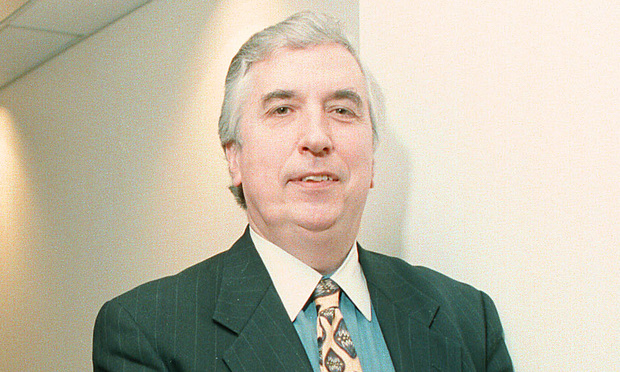Academics who profess expertise in corporate governance sometimes find themselves on very strange turf. That has been my status for the last two years, serving as an advisor to the Commerce Department in connection with the Obama Administration’s efforts to “privatize” the Internet Corporation for Assigned Names and Numbers (ICANN). ICANN is the non-profit entity that essentially manages the Internet’s domain name functions and oversees much of its internal plumbing.1 This privatization effort has now been challenged in Congress by Sen. Ted Cruz and others, and political fireworks are likely. But let’s start at the beginning. In March 2014, the National Telecommunications & Information Administration of the U.S. Department of Commerce (NTIA) announced its willingness to turn over the “stewardship” of the domain name functions of ICANN to a “global multistakeholder community”—at least if a transition plan could be agreed upon that satisfied four basic criteria.2 NTIA and Commerce appointed a panel of three law professors to advise them on this last issue, and this column will recount my thoughts as one of those three.
The proposed transition in ICANN’s status raises three basic questions: (1) Why? If ICANN isn’t broke, why fix it?; (2) What was this “stewardship” function in the first place?; and (3) Who is this “global multistakeholder community” that is to inherit control of ICANN? As to the first “Why?” question, the answer is that much of the world was dissatisfied and growing steadily more grumpy about the seeming American hegemony over the Internet. In particular, NTIA’s “stewardship” over ICANN, a California non-profit corporation, symbolized this dominance to them. Although ICANN was nominally supervised by NTIA, in fact this supervision was modest and the reins were very loose.3 ICANN had long been largely self-regulating. In truth, the Internet had just grown up underneath it, with ICANN taking over for earlier volunteer efforts that academics and a local California state university had improvised when the Internet was in its infancy. No one planned this American dominance. Like Topsy, ICANN’s domain name functions and related architecture just grew. Still, pressure was developing within the international community to shift control of ICANN (and potentially the Internet) to the U.N. From the U.S. perspective, this raised a real prospect of the politicalization of the Internet and the stifling of its openness. Although no one at Commerce has phrased it to me this bluntly, turning ICANN’s control over to a “global multistakeholder community” seemed the decidedly safer alternative to turning control over to the U.N. (which is a body where power politics is understood and practiced relentlessly).



